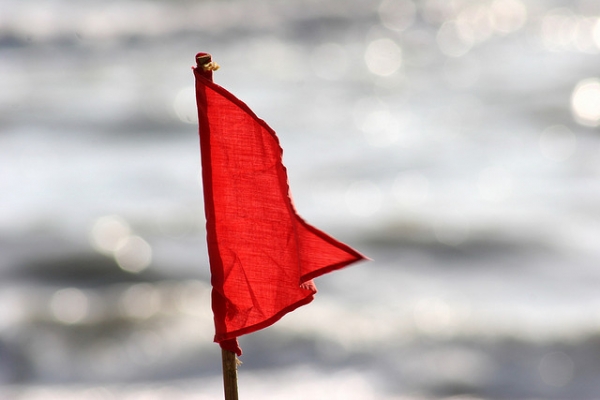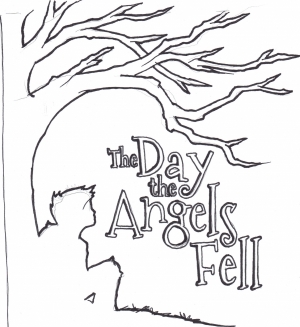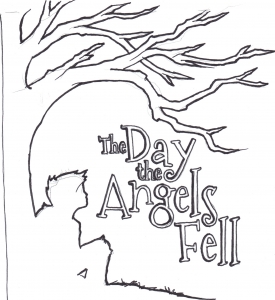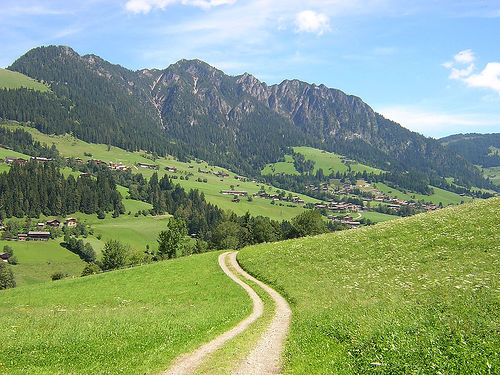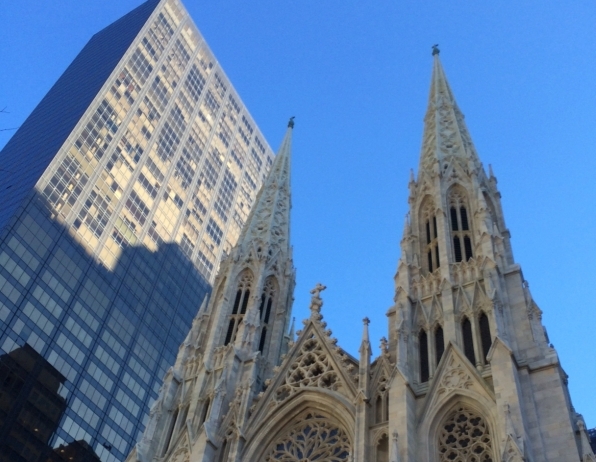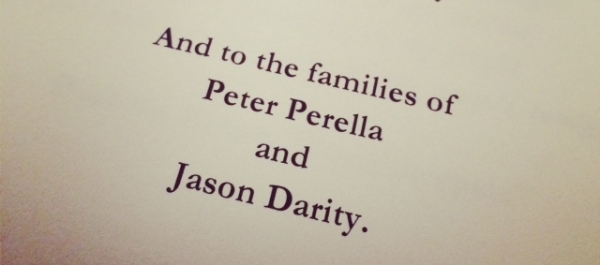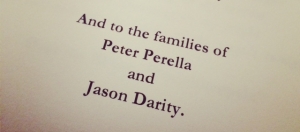Can we have a heart-to-heart, writers?
First let me tell you about yourself. I know I’m being presumptuous, so if this isn’t you, feel free to quietly walk away. You’re a creative soul, eager for validation, eager to be original. You’d like everyone in the world to love what you write but you don’t want to sell out, whatever that means. You want to be published, and if you’ve already been published, you want to be published again.
Did I mention you want people to read what you write?
Here’s the point: There are a lot of people out there who KNOW that this is what you want. They also know what to say to make you feel validated, make you feel important, make you feel like the writer you are. And because they know the right things to say, too many of you are following blindly. You’ve swallowed their message hook, line, and sinker, and now you’ve got your wallets out and have your credit card ready.
Wait.
These folks, they’ll use this desire you have to be known, to be published, to be heard…and they’ll fleece you. They’ll charge you money to do something you can do on your own, or learn on your own, for free. There’s so much great stuff out there you can get for FREE. There are so many tools you can use to improve your craft…for FREE. Try Googling “authors talking on Youtube” or “how to self-publish Youtube video“.
But these folks won’t point you to free resources – they’ll charge you for writing classes or for consulting or for a path to publication, and you’ll pay because of this need you have to be heard. It’s a basic, instinctual need. Especially for you. A writer. And they’re playing you.
I’m not saying all writing classes are bad or online courses are unnecessary. I’ve run a few classes myself, and I’ve paid for that kind of stuff. There are good courses, and there are good teachers. I’m not saying everyone who offers you something in exchange for your hard-earned money is a fraud. I’m saying be careful. Do your research. These days, there’s usually a valid, inexpensive (free?) option that will help you find out the things you need to find out.
Want to hear an example of someone who cares about the writer and not about the writer’s money? I once contacted Jane Friedman. I had decided I was willing to pay her rather hefty hourly fee to talk about better ways to market my recent book. You know what she told me? When she found out I was trying to promote a book for kids, she said she didn’t have a lot of expertise in that area and that I’d be better off looking around. “I’m happy for you to sign up for the hour,” she emailed me back, “but I don’t know if it will be worth your time.”
Now there’s someone you want to work with. Someone who doesn’t jump at every opportunity to make a buck.
* * * * *
Don’t let your desire to be read or published or heard line the pockets of people who know your innermost desires and are willing to use that information to increase their own platform or bank account.
Here are some questions to consider BEFORE paying to become a “better writer”:
– Do they have any credentials? Have they wrestled through the writing process, not just on their own, but with other writers and teachers in something akin to an MFA program? I don’t have an MFA, and I’m not saying they’re necessary, but degrees can be an indicator of how much work the person has put in to get where they are.
– Have they edited or published anywhere professionally or for someone besides their friends? If you’re going to pay someone to edit your material, pay someone who deserves to be paid, and not just someone who calls themselves an editor.
– Are they offering you any sort of interaction or is it simply recorded or written material that you’ll be consuming? I personally feel that canned material created for the masses cannot get you beyond the most elementary of concepts. If you really want to improve, you need individual feedback, not only a PDF that makes you feel good about yourself all the time.
– Have they written anything of substance besides books or blogs on writing? I’m leery of listening to people talk about writing if they’ve only ever written about writing. That doesn’t make any sense to me. Would you take advice from someone who had only ever written about flying a kite but never actually flew one? Would you take your car to someone who had only ever written about an engine but never actually worked on one?
– If it’s a course to help you self-publish your book…do you realize how easy this is to do yourself? Are they insinuating that you will sell a lot of books if you buy their course? If so, run away. Far away.
– Do you find yourself on a track where you are continually going back to them and paying for more stuff without making progress as a writer? If you’ve been reading someone’s blog for years and buying their books and paying for their courses but your writing hasn’t progressed…why? Why? Why???
Those who talk the loudest about teaching you to write often have the least to offer because most people who actually know something about writing are too busy. You know why they’re busy? They’re writing. One of the best things you can do is buy books and materials on writing from writers who rarely write about writing – people like Stephen King (On Writing) or Anne Lamott (Bird By Bird).
Be careful, friends. That’s all I’m trying to say. There are good teachers out there. There are good courses. Just be careful.
Help your fellow writers out. What are the best free resources out there right now that help with writing, finding agents, self-publication, or promotion?

